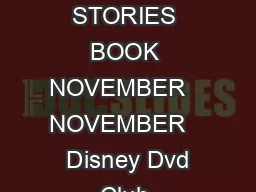PPT-Decolonizing Our Stories
Author : phoebe-click | Published Date : 2016-06-11
A Project of the Student Storytellers Indigenizing the Academy SSITA Group American Indigenous Research Association 2014 Conference Salish Kootenai College Pablo
Presentation Embed Code
Download Presentation
Download Presentation The PPT/PDF document "Decolonizing Our Stories" is the property of its rightful owner. Permission is granted to download and print the materials on this website for personal, non-commercial use only, and to display it on your personal computer provided you do not modify the materials and that you retain all copyright notices contained in the materials. By downloading content from our website, you accept the terms of this agreement.
Decolonizing Our Stories: Transcript
Download Rules Of Document
"Decolonizing Our Stories"The content belongs to its owner. You may download and print it for personal use, without modification, and keep all copyright notices. By downloading, you agree to these terms.
Related Documents












![[READ]-Decolonizing Data: Unsettling Conversations about Social Research Methods](https://thumbs.docslides.com/955959/read-decolonizing-data-unsettling-conversations-about-social-research-methods.jpg)
![[READ] Learn English Through Stories: 16 Stories to Improve Your English Vocabulary Learn](https://thumbs.docslides.com/1006295/read-learn-english-through-stories-16-stories-to-improve-your-english-vocabulary-learn-english-through-stories-16-stories-to-improve-your-english-grammar-and-english-vocabulary.jpg)
